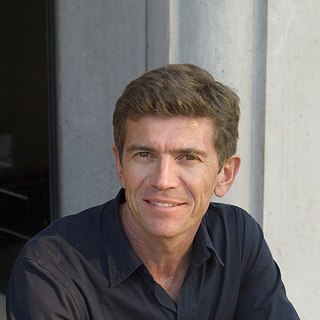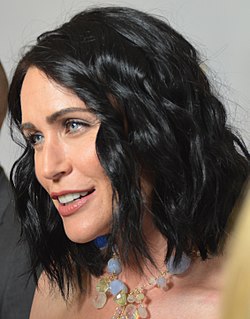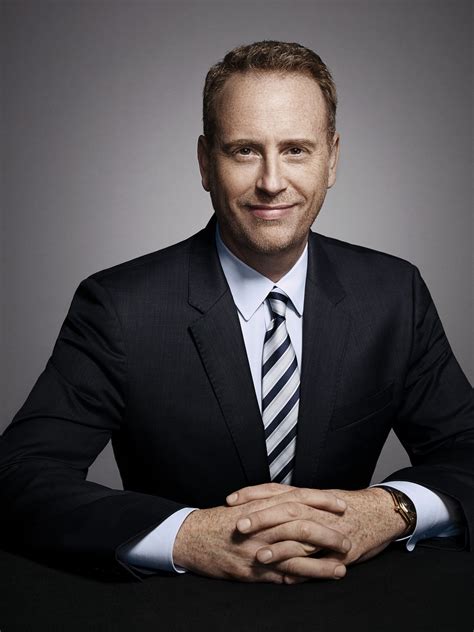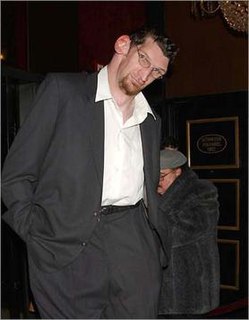A Quote by George R. R. Martin
'Dreamsongs' allows me to show the scope of my writing - with personal commentary that puts the works in context and includes some autobiographical details intended to reveal how each piece came to be, what it represents, and how it has formed, or been informed by, my philosophy of writing.
Related Quotes
I still don't know how to express the really delicate personal stuff. People think that Plastic Ono is very personal, but there are some subtleties of emotions which I cannot seem to express in pop music, and it frustrates me. Maybe that's why I still search for other ways of expressing myself. Song writing is a limiting experience in some ways - writing down words that have to rhyme.
I came out with a book called The True Secret of Writing: Connecting Life with Language. It's a book that describes how writing is a practice and how my teaching is part of that practice. I direct the writing and create books but underneath, there's always the river of practice happening. No good, no bad. Just do it.
What is useful about when there is a sort of pull-out to reveal moment going on is that it actually focuses the mind when you're writing the earlier scenes because you're thinking 'right, how do I? I can only show this amount of the room... I can only show these characters from the waist up because they've all got robot legs!' it's a challenge so it keeps you engaged on some level.
When things are going well, you do have the sense that what you’re writing is being fed to you in some way. Auden compared writing a poem to cleaning an old piece of slate until the letters appear. The only way you could reveal your god is perhaps under hypnosis. It’s sacred and it’s secret, even to the writer.
People will ask me, "How do you approach writing books for young readers differently than for adults?" My answer is always: I don't change anything about the story itself. I'm going to tell kids the way things really were. What I don't do - and this is the only thing I do differently in writing for kids - is that I don't revel in the gory details. I allow readers to fill in the details as necessary. But I don’t force kids to have to digest something they’re not mature enough or ready for yet. If they are, they can fill in the details even better than I could, just with their imaginations.






































